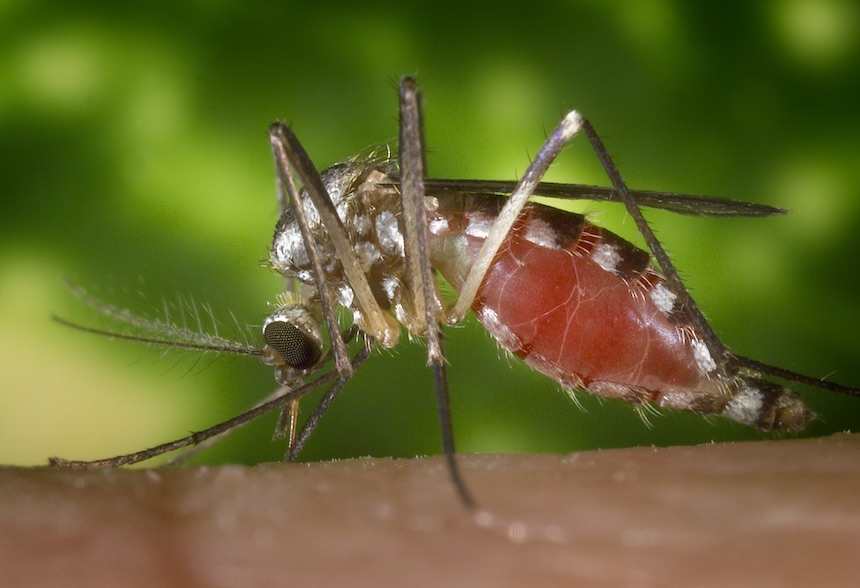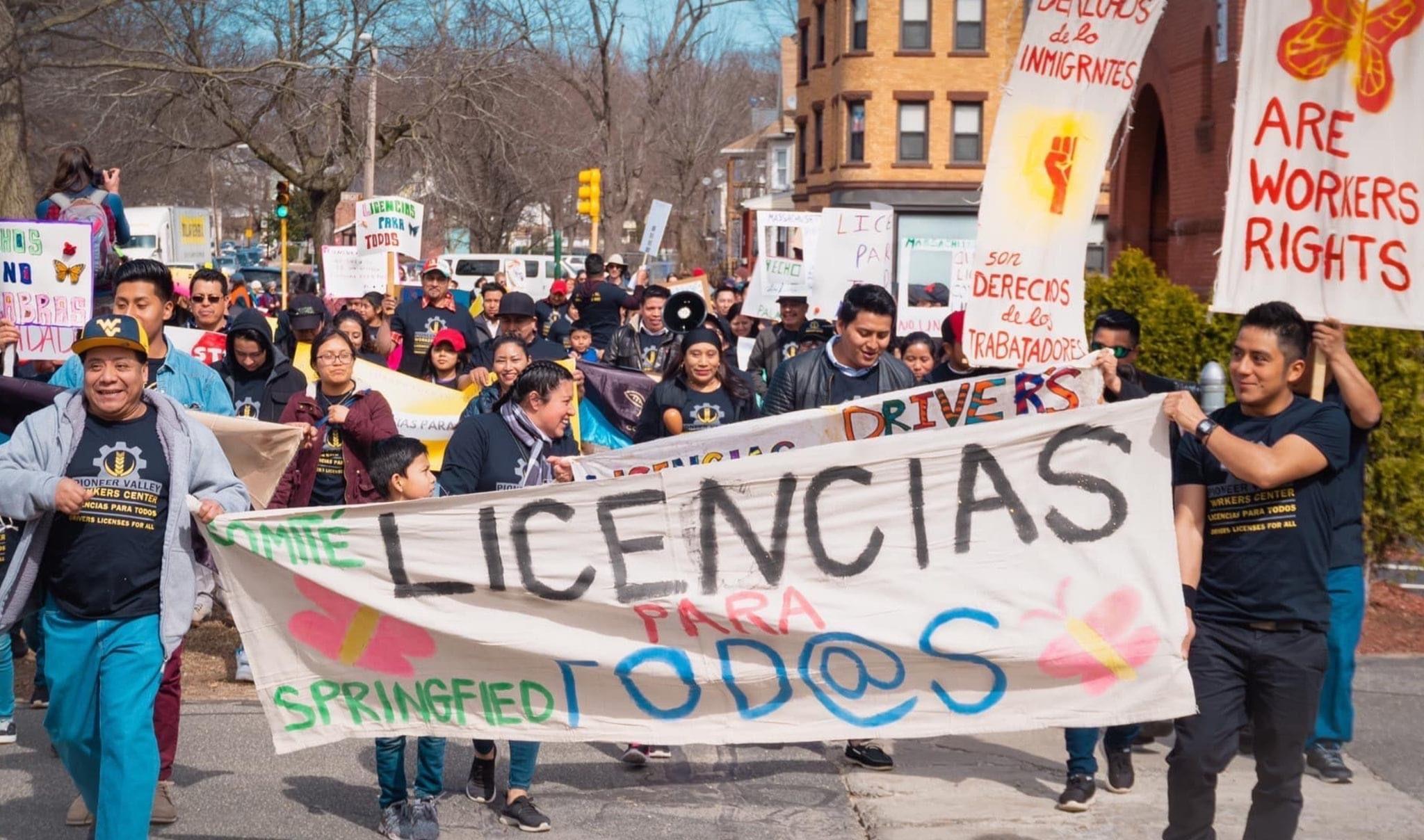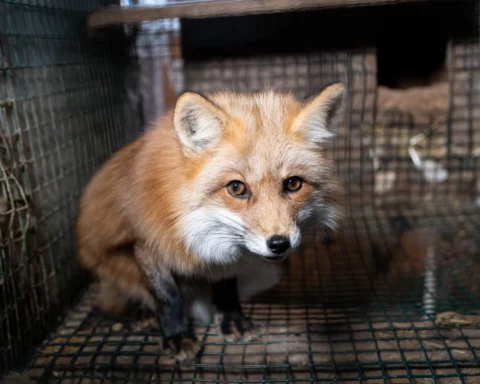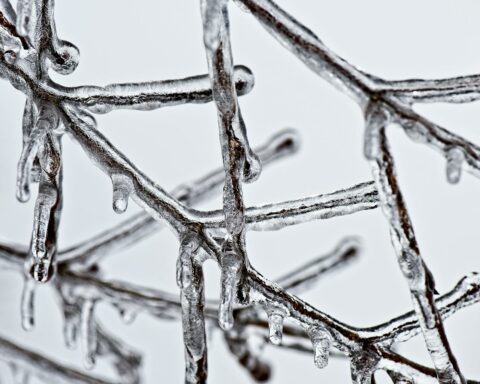Editor’s Note: The following article is derived from officially released information, published with few or no editorial changes. The Greylock Glass occasionally provides our readers with such content if the information is factual in nature, and requires little to no interpretation or analysis, often when original reportage would not provide additional relevant information.
BOSTON — The Massachusetts Department of Public Health (DPH) today announced the fourth human case of West Nile virus (WNV) in the state this year. The individual is a male in his 80s who was exposed to the virus in Middlesex County in an area already known to be at increased risk. The risk of human infection with WNV is moderate to high in the Greater Boston area.
In 2021, there were 11 human cases of WNV infection identified in Massachusetts. WNV is usually transmitted to humans through the bite of an infected mosquito. While WNV can infect people of all ages, people over the age of 50 are at higher risk for severe disease. Most people infected with WNV will have no symptoms. When present, WNV symptoms tend to include fever and flu-like illness. In rare cases, more severe illness can occur. No human or animal cases of Eastern equine encephalitis (EEE) have been detected so far this year in Massachusetts.
People have an important role to play in protecting themselves and their loved ones from illnesses caused by mosquitoes.
Avoid Mosquito Bites
Apply Insect Repellent when Outdoors. Use a repellent with DEET (N, N-diethyl-m-toluamide), permethrin, picaridin (KBR 3023), oil of lemon eucalyptus [p-menthane 3, 8-diol (PMD)], or IR3535 according to the instructions on the product label. DEET products should not be used on infants under two months of age and should be used in concentrations of 30% or less on older children. Oil of lemon eucalyptus should not be used on children under three years of age.
Be Aware of Peak Mosquito Hours. The hours from dusk to dawn are peak biting times for many mosquitoes. Consider rescheduling outdoor activities that occur during evening or early morning.
Clothing Can Help Reduce Mosquito Bites. Wear long-sleeves, long pants, and socks when outdoors to help keep mosquitoes away from your skin.
Mosquito-Proof Your Home
Drain Standing Water. Mosquitoes lay their eggs in standing water. Limit the number of places around your home for mosquitoes to breed by either draining or discarding items that hold water. Check rain gutters and drains. Empty unused flowerpots and wading pools and change the water in birdbaths frequently.
Install or Repair Screens. Keep mosquitoes outside by having tightly fitting screens on all of your windows and doors.
Protect Your Animals
Animal owners should reduce potential mosquito breeding sites on their property by eliminating standing water from containers such as buckets, tires, and wading pools – especially after heavy rains. Water troughs should be flushed out at least once a week during the summer months to reduce mosquitoes near paddock areas. Horse owners should keep horses in indoor stalls at night to reduce their risk of exposure to mosquitoes. Owners should also speak with their veterinarian about mosquito repellents approved for use in animals and vaccinations to prevent WNV and EEE. If an animal is diagnosed with WNV or EEE, owners are required to report to DAR, Division of Animal Health by calling 617-626-1795 and to DPH by calling 617-983-6800.
More information, including all WNV and EEE positive results, can be found on the Arbovirus Surveillance Information web page at www.mass.gov/mosquito-borne-diseases or by calling the DPH Epidemiology Program at 617-983-6800.

















